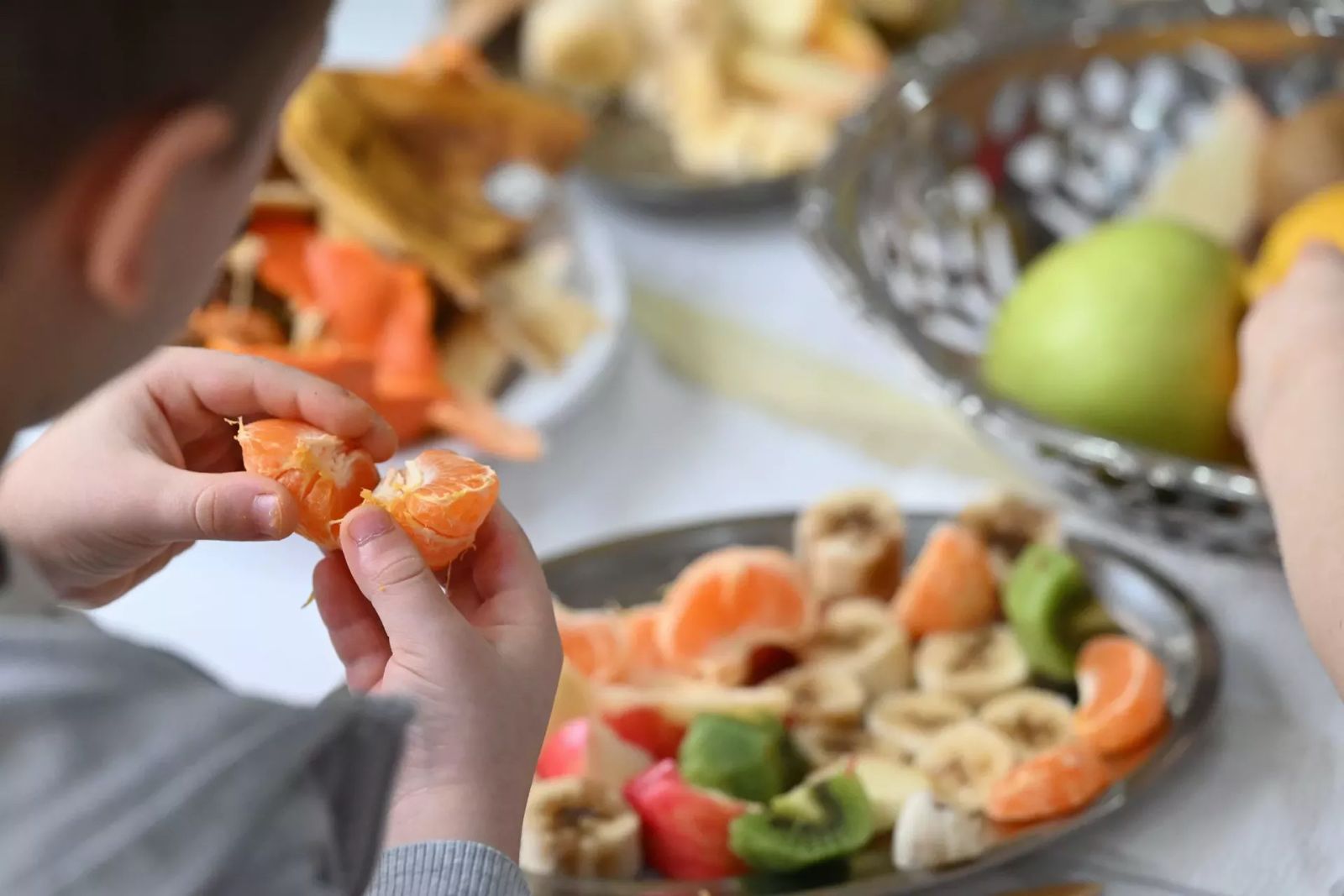

Food is one of the most important determinants of health, yet many people tend to eat out of habit rather than conscious choice.
For instance, someone may take cereal every morning simply because that has always been part of their routine.
While
there is comfort in familiarity, depending on the same foods every day can
limit nutritional variety and compromise health in the long run.
Today’s consumers increasingly value convenience. Many people spend more than half of their food budget on meals that require little or no preparation.
Eating out,
ordering food deliveries, or relying on ready-to-eat meals has become the norm.
While this lifestyle saves time, it raises an important question: how healthy
are these foods that we reach for so quickly?
Diet diversification is essential because no single food contains all the nutrients our bodies need.
Cereals may provide carbohydrates and some vitamins, but they lack adequate proteins, healthy fats, and minerals that other food groups contribute.
A monotonous diet may lead to nutrient deficiencies, weakened immunity, and increased risk of lifestyle-related diseases such as obesity, diabetes, and heart disease.
Balanced nutrition thrives on variety. Whole grains, fruits, vegetables, lean proteins, legumes, nuts, and seeds all contribute different nutrients that work together to maintain good health.
For example, vegetables and fruits are rich in vitamins, minerals, and antioxidants that protect against disease. Legumes and lean meats provide protein for growth and repair. Nuts and seeds supply healthy fats essential for brain function.
By combining these different foods, we maximise the body’s ability to absorb and utilise nutrients effectively.
Beyond physical health, diet diversification also enhances eating enjoyment. Trying new foods, flavours, and preparation methods keeps meals interesting and prevents food boredom.
This can encourage healthier eating patterns, especially in children, who may resist monotonous meals but enjoy variety when it is creatively presented.
Practical steps can help consumers diversify their diets without sacrificing convenience. For instance, instead of sticking to one type of breakfast every day, alternating between whole-grain porridge, eggs, smoothies with fruits and seeds, or wholemeal toast with vegetables can provide a wider nutrient spectrum.
Similarly, when buying ready-to-eat meals, choosing those that include vegetables, whole grains, and lean proteins rather than refined or heavily processed options makes a big difference.
Planning meals and shopping with variety in mind also supports diversification. A simple approach is to “eat the rainbow”—including foods of different colours daily.
Red tomatoes, orange carrots, green spinach, purple cabbage, and yellow mangoes not only brighten the plate but also ensure a range of nutrients.
In a world where convenience often dictates food choices, it is important to pause and ask: Is what I am about to eat nourishing my body, or just filling my stomach?
While it is natural to choose what is easy and familiar, making an effort to diversify our diets is one of the simplest yet most powerful steps toward better health. In the end, food should not only satisfy hunger but also sustain life.












